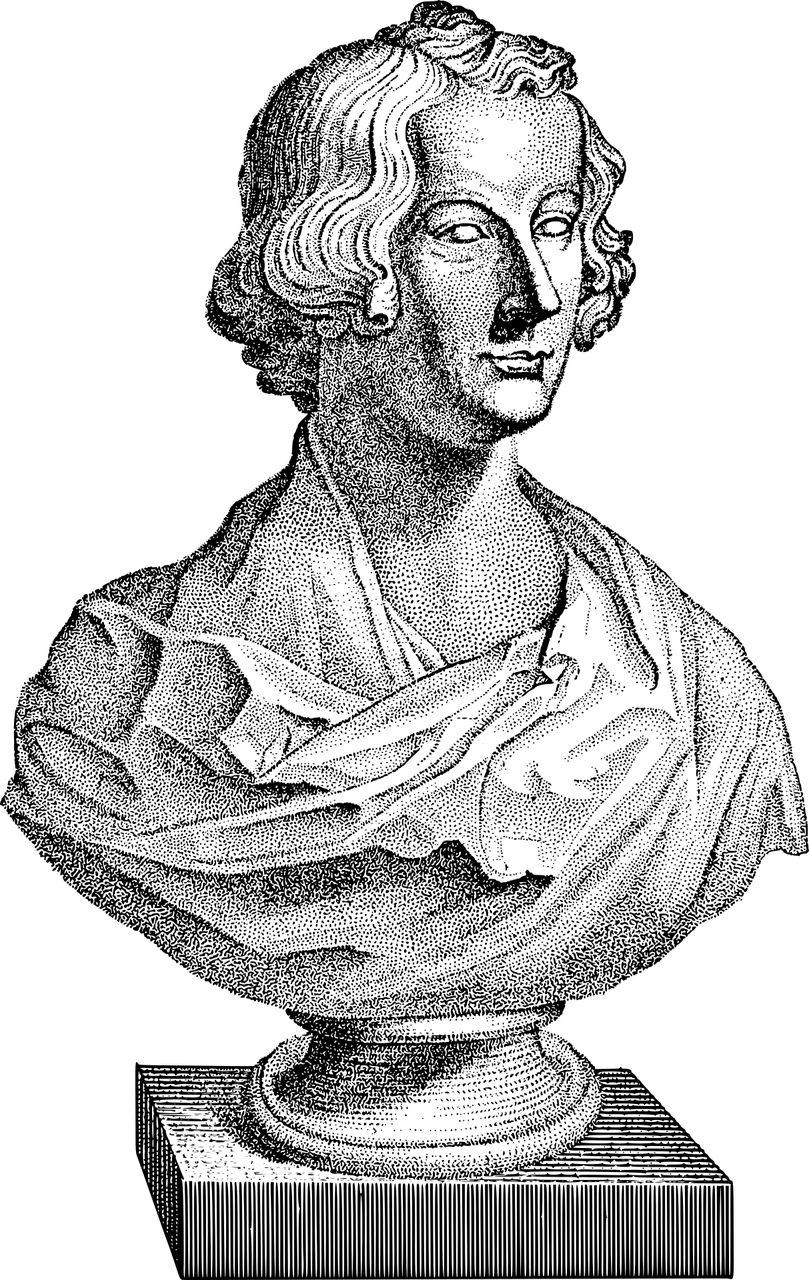Jane Austen: The Master of Regency Romance

Introduction
Jane Austen is widely regarded as one of the greatest English novelists of all time. Born on December 16, 1775, in Steventon, Hampshire, Austen’s works continue to captivate readers across the globe, even two centuries after her death. Known for her sharp wit, keen observations of social dynamics, and memorable characters, Austen’s novels have not only entertained but also provided social commentary during the Regency era. In this article, we will delve into the life and literary contributions of Jane Austen, providing an extensive overview for those interested in this remarkable author.
A Historical Journey of Jane Austen’s Evolution

Jane Austen’s literary journey began in her early years, where she honed her skills through her father’s library, engaging with a variety of genres and authors. In her twenties, Austen began crafting her own stories, often reflecting her experiences and observations of the society she lived in. However, it wasn’t until 1811 that her first novel, “Sense and Sensibility,” was published, marking the beginning of a remarkable career.
1. The Early Novels
Jane Austen’s early novels, including “Sense and Sensibility,” “Pride and Prejudice,” “Mansfield Park,” and “Emma,” established her unique narrative voice and characteristic wit. These works explored the lives and aspirations of young women in the Regency era, examining the complexities of love, marriage, and societal expectations. Austen’s heroines were relatable and flawed, providing readers with a profound sense of empathy.
2. Themes and Social Commentary
One of Austen’s greatest strengths lies in her ability to seamlessly weave social commentary into her narratives. With astute observations and subtle critiques, she shed light on the limitations imposed on women, class distinctions, and the customs and conventions of her time. Her use of irony and satire illuminated the moral shortcomings of the upper class, challenging societal norms while still acknowledging the existence of genuine love and happiness within these structures.
3. Posthumous Recognition
Despite Austen’s immense talent, her works did not achieve widespread recognition during her lifetime. It was only after her death in 1817 that her novels gained popularity, eventually becoming cornerstones of English literature. The Critical reception and appreciation for Austen’s writing increased through the 19th century, with prominent figures such as Virginia Woolf championing her work. In the 20th century, numerous film and television adaptations brought Austen’s stories to a wider audience, solidifying her status as a literary icon.
Jane Austen in Contemporary Culture
Austen’s enduring popularity transcends time, as her novels continue to resonate with readers and inspire adaptations in different media. Her works have been translated into numerous languages, ensuring her global legacy. The charm and wit of Austen’s storytelling, coupled with her timeless themes, have made her novels a favorite among book clubs and literary enthusiasts worldwide. Moreover, her influence can be seen in contemporary romance and women’s fiction, with countless authors drawing inspiration from her storytelling techniques and themes.
Conclusion
Jane Austen’s indelible mark on the literary world cannot be overstated. Through her insightful novels, she highlighted the struggles and aspirations of women in Regency England, challenging societal norms and conventions along the way. Austen’s ability to create relatable characters and weave compelling narratives has ensured her lasting legacy as a master of Regency romance. Whether it is through her original works or the countless adaptations that have followed, Jane Austen’s influence continues to captivate and entertain audiences today, and will undoubtedly do so for generations to come.
In this comprehensive exploration of Jane Austen’s life and literary contributions, we have traced her journey from an aspiring writer in a small English village to an internationally renowned novelist. By immersing ourselves in Austen’s world, we gain a deeper appreciation for her timeless storytelling and her undeniable impact on literature.











